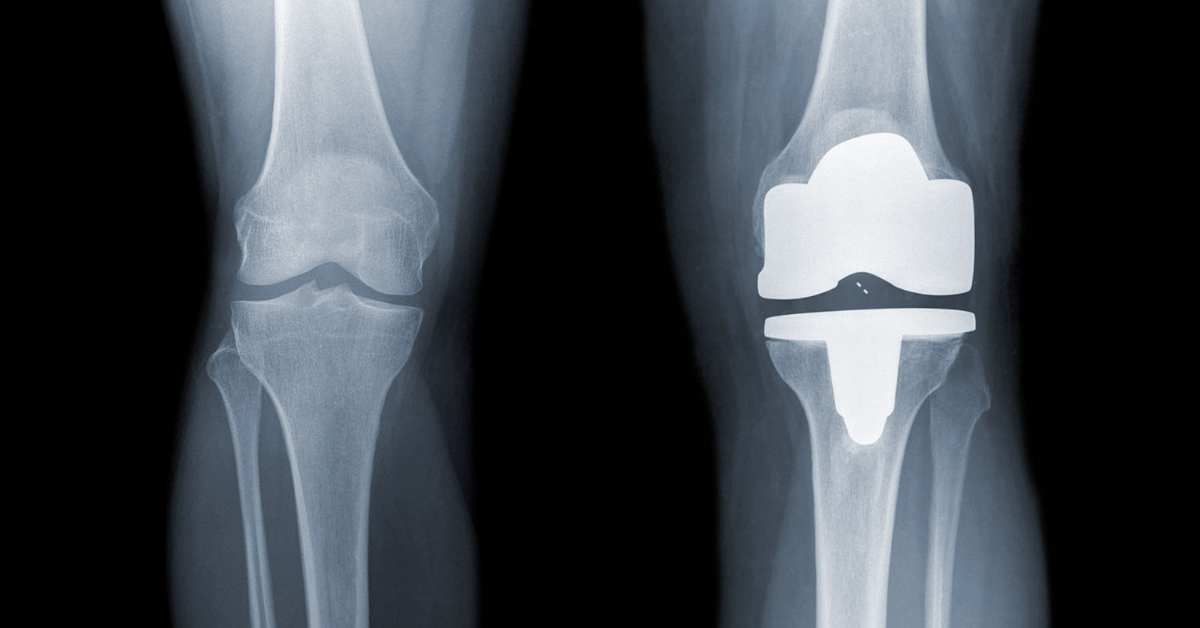Lactobacillus acidophilus, commonly known as L. acidophilus, is one of the most widely researched and utilized probiotic bacteria. This “friendly” bacterium plays an important role in maintaining a healthy gut microbiome and overall well-being. In this in-depth article, we will take a look at L. acidophilus – what it is, its benefits, ways to get it, and more.
What is Lactobacillus Acidophilus?
L. acidophilus is a type of “good” bacteria that is naturally present in the human gut and vagina. It belongs to the Lactobacillus family, which primarily resides in the digestive tract. L. acidophilus aids digestion by producing acids, bacteriocins and hydrogen peroxide that inhibit the growth of harmful pathogenic organisms. It also facilitates nutrient absorption and synthesis of important vitamins like K2, B6, B12 and folate. L. acidophilus helps maintain gut pH and defend against inflammation.
Health Benefits of Lactobacillus Acidophilus
Research has linked L. Acidophilus consumption to numerous health advantages. Some of the key benefits include:
– Improved Digestion: As a probiotic, L. acidophilus helps break down food, produce digestion-aiding acids, and ease symptoms of diarrhea, irritable bowel syndrome and occasional constipation.
– Boosts Immunity: It enhances immunity by strengthening gut barrier function and producing antimicrobial compounds against disease-causing pathogens.
– Fights Infection: L. acidophilus has been shown to inhibit the growth of harmful bacteria like H. pylori, Salmonella, E. coli, Candida albicans and others linked to diarrhea, UTIs and respiratory infections.
– Supports Vaginal Health: Douching with L. acidophilus cultures or consuming probiotic supplements can help restore vaginal microbiome, treat bacterial vaginosis and prevent recurrent UTIs in women.
– Reduces Anxiety and Depression: Emerging research associates positive changes in gut microbiota due to L. acidophilus with lowered levels of stress, anxiety and depression through the brain-gut connection.
– Aids Weight Management: Some studies link L. acidophilus to increased satiety, reduced fat accumulation and healthier weight status over time. However, more research is still needed.
Ways to Get Lactobacillus Acidophilus
Given the numerous health benefits, regularly consuming L. acidophilus through following means is recommended:
Fermented Foods
– Naturally fermented dairy items like yogurt, kefir and certain cheeses with live cultures are excellent sources. Go for brands with 100 million or more CFUs of L. acidophilus per serving.
Probiotic Supplements
– Capsule, tablet or powder supplements standardized to contain 10-30 billion CFUs of L. acidophilus per day are readily available. Look for reputable brands.
Vaginal Supplements
– For vaginal health, specifically look for probiotic supplements designed to introduce L. acidophilus into the vaginal microbiome.
Foods with Prebiotic Fiber
– Eat plenty of prebiotic fiber-rich foods like onions, garlic, asparagus, leafy greens, which feed beneficial gut bugs including L. acidophilus already present.
The Best Probiotic Strains for Different Needs
Not all L. acidophilus strains are created equal. Choosing the right probiotic formulation containing clinically-studied strains best suited for individual needs can maximize results:
– L. acidophilus NCFM – Widely researched strain; supports digestive and immune health.
– L. acidophilus L-92 – Fights yeast infections; maintains vaginal balance.
– L. acidophilus LB – Effective against H. pylori infection linked to ulcers; reduces inflammation.
– L. acidophilus CL1285 – Improves irritable bowel symptoms; produces unique antimicrobial compounds.
– L. acidophilus LA-5 – Shown to reduce abdominal pain and severity of diarrhea from rotavirus infection in kids.
– L. acidophilus Rosell-52 – Demonstrated mental health benefits like reducing anxiety and depression.
Safety and Side Effects
L. acidophilus is generally well-tolerated with no serious side effects reported when taken as recommended. However, some people may experience mild GI side effects like gas, bloating or discomfort especially when beginning probiotic consumption or with higher doses. Lactose-intolerant individuals may want to opt for lactose-free sources. As with any supplement, consult your doctor first if you have a severe medical condition or take certain medications. Pregnant or breastfeeding women should also check with their physician before using L. acidophilus supplements.
The beneficial bacterium Lactobacillus acidophilus is a key player in maintaining a balanced gut and overall wellness. With its ability to support digestive health, immunity, vaginal balance and even mental health, L. acidophilus is certainly one of the most researched and widely used probiotic strains. Consuming L. acidophilus through foods and supplements can introduce this “good” bacteria where needed for optimizing health on a regular basis.



